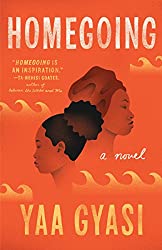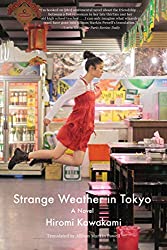
Rating: 8.3/10.
[WARNING: SPOILERS!]
Pachinko is the name of the Japanese pinball game, where you watch metal balls tumble through a machine. It’s also the name of this novel, that traces a Korean family in Japan through four generations (Yangjin/Hoonie/Hansu -> Sunja/Isak -> Noa/Mozasu -> Solomon/Phoebe). Sunja is the first generation to immigrate to Japan during the 1930s, after being tricked by a rich guy who got her pregnant. Afterwards, they make their livelihoods in Japan, but they are always considered outsiders, despite being in the country for many generations.
It’s surprising to see so much racism in Japan towards Koreans, since Canada is so multicultural and so accepting of people from other places. Japan is very different: even after four generations in Japan, a Korean boy is still considered a guest and must register with the government every few years or risk getting deported. The Koreans in Japan can’t work the same jobs as the Japanese, can’t legally rent property, and get bullied at school, so they end up working in pachinko parlors, which the Japanese consider “dirty”. All the Korean men: Mozasu, Noa, and Solomon end up working in pachinko, hence the name of the book.
One thing that struck me was how so many of the characters valued idealism more than rationality. Yoseb doesn’t want his wife to go out to work because he considers it improper. Sunja and Noa don’t want to accept Hansu’s help because of shame, even though they could have benefitted a lot, materially. All the Christians have this sort of idealist irrationality, which I guess is part of being religious — only Hansu behaves in a way that makes sense to me. This book gets a bit slow in the end as there are too many minor characters, but is overall a thought provoking read about racism in Japanese society.



